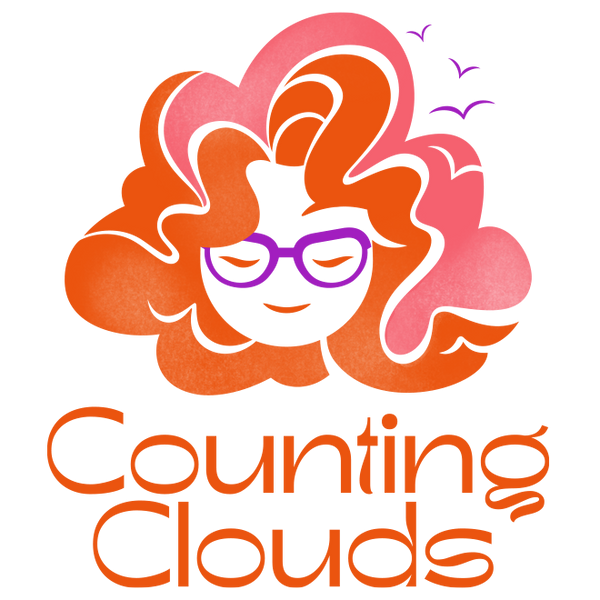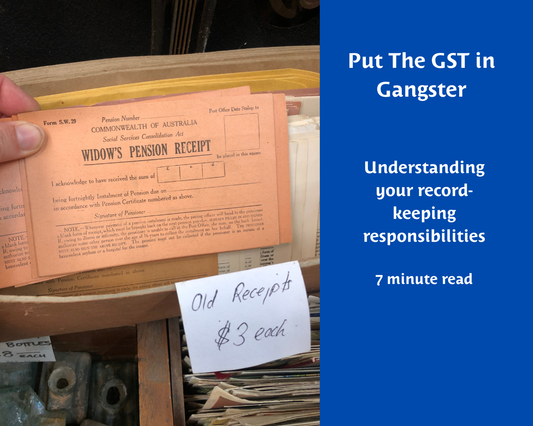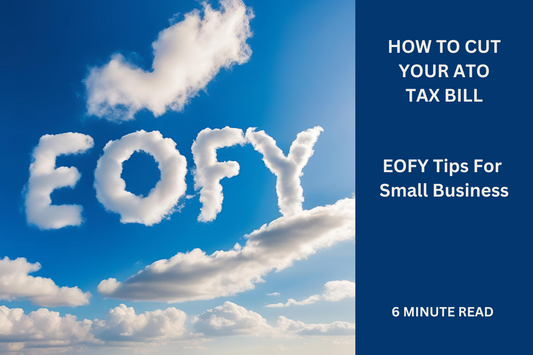Six Actions Before June 30th To Reduce Your Tax Bill
The Counting Clouds team always looks forward to its end of financial year party. Before we let off our EOFY steam though, we encourage our small business clients to do some financial housekeeping and evaluation!
Let’s look at six actions to consider in the lead up to June 30th to put your business in its best position, tax-wise, by the end of the financial year.
1. Financial position check
Before you start EOFY spending, check yourself before you wreck yourself! Confirm that your business truly has cash to spare, by getting answers to these questions:
- Are you actually in profit? Cash in the bank doesn’t necessarily mean profit.
- Are you on top of all your liabilities? Any outstanding superannuation accrued by staff and any ATO debts should be cleared first.
- How steady and sound is your cash flow? Do some forecasting to be sure that the money you spend now won’t be money you need a few months down the track.
- Do you have funds put aside for growth opportunities or unexpected circumstances? Having a buffer can provide financial serenity, which is a valuable mental asset!
Knowing the answers to these questions will mean you're better able to weigh up the following options for reducing your tax bill.
2. Debt review
Review your debtors list. Chase late payments, engaging a debt collector if needed. If there are any invoices you foresee are not going to be paid, it might be best to write them off as bad debts.
You might also wish to consider deferring income in order to lower your taxable income for the current financial year.
3. Pre-paid expenses
Small businesses can claim immediate deductions as part of the current financial year for prepaid expenses, as long as the expenditure is incurred for an eligible service period not exceeding 12 months. Such expenses might be rent, insurance, advertising, subscriptions, etc. If you decide to prepay any expenses, make sure they’re recorded properly in your books.
4. April-June quarter superannuation payments
Can you spare a quarter? If you wish to claim the full financial year deduction for staff superannuation in the upcoming tax round, it's recommended that your April-June quarter super payment is processed by June 17th in order for it to reach the super funds before June 30th.
Note: The April-June quarter payment technically isn't due until late July but, if it reaches the super funds after June 30th, you won’t get the deduction until the end of next financial year.
5. Instant asset write-offs
Small businesses with aggregated turnover of less than $10 million can deduct the full cost of asset purchases of $20K or less. The $20K threshold applies on a per-asset basis, so multiple assets of up to $20K each can be written off.
Before you splurge though, please read these ATO guidelines to check that your purchases will be eligible.
6. Dividends, bonuses & donations
Paying yourself a dividend or paying your staff a bonus are also ways to lower the taxable income of your business. Bear in mind though that these will affect you or your staff members' personal taxable income amounts.
If you'd like to donate to a good cause, please be aware that not all donations to charities are tax deductible. Many charities might be worthy of your support but, in order to claim a deduction, the charity must be a DGR (Deductible Gift Recipient). This ATO guide has further details.
If you’d like us to help you get your business EOFY-ready, please email us at help@countingclouds.com.au




